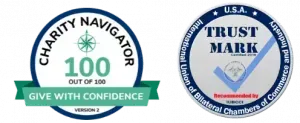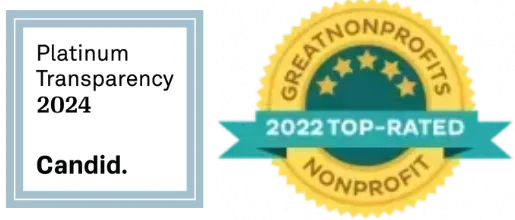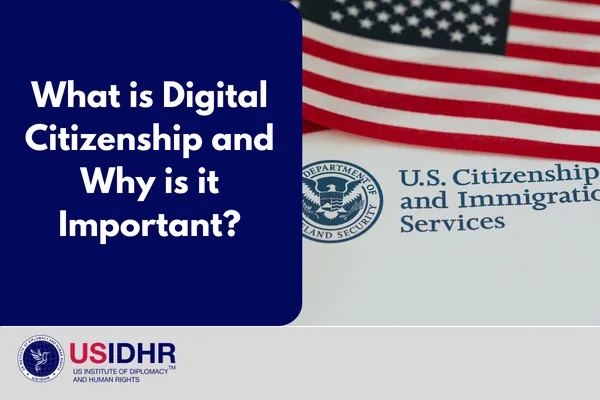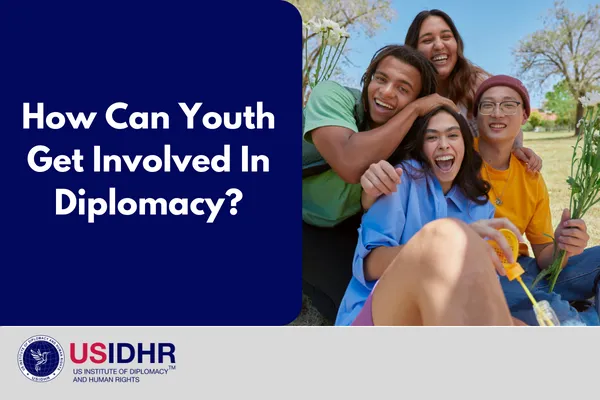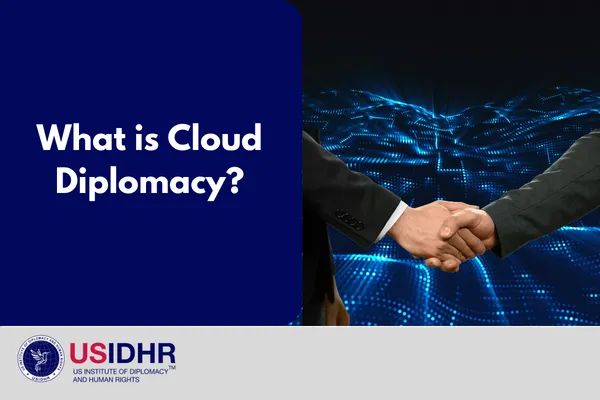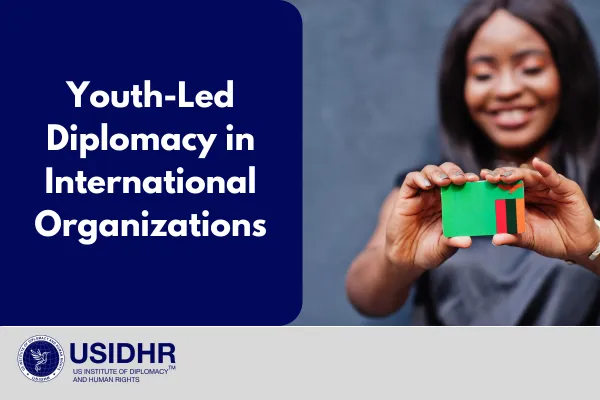
What is youth-led diplomacy? As a young advocate for women’s rights, I’ve recently invested more time in understanding how I can do my part to make tangible changes. Diplomacy, for those who are not familiar with the concept, is the art and practice of conducting negotiations between nations; skill in handling affairs without arousing hostility. Up until recently, navigating this field was left solely to governments’ diplomats and officials. However, NGOs with youth leaders and representatives have begun to engage in such discussions, paving the way for increased youth-led diplomacy; ensuring that young people, like myself, can play an active role in peacekeeping.
International Organizations are those organizations or institutions that bring together stakeholders and members of multiple nations. They are considered international either because they were created through a treaty that was signed by many countries around the world or simply because their activities are conducted at the international level. Some examples include the United Nations, the Organization of the American States and other organizations such as Non-governmental organizations (NGOs).
NGO diplomacy
NGOs (Non-Governmental Organisations) have an increasingly important role in diplomacy for a multitude of reasons. As shown, ‘international relations require even broader multi-disciplinary knowledge and understanding’(NGO Academy, 2011). Due to their diverse membership along with specialist knowledge; NGO representatives are now a useful tool in discussions and negotiations with governments. NGOs possess influence over issues regarding peace, ‘development, environment, politics and justice as well as social and economic affairs’ (NGO Academy, 2011).
Generational changes regarding political opinion are normal, and oftentimes, expected. The youth today is no different when it comes to discussing diplomacy and peacekeeping. Research shows that over 70% of ‘Millennials say good diplomacy is the best way to ensure peace’. To compare, only 52% of ‘Boomers’ believe strong diplomacy is an effective peacekeeping method, favoring instead of a well-funded military (Pew Research Centre, 2017).
Not only do our opinions differ, but so does our knowledge. New problems frequently arise within international relations, which require modern, technological solutions. The innovation of today’s youth is not only driven by a genuine desire to invoke change; but a sobering reality that it is us, and our children, who will ultimately face the consequences of many years of injustice and discrimination.
The world’s youth population is ever-increasing and is projected to be at 1.3 billion by the year 2030 (World Youth Report, 2018) . Today’s youth are more connected than any generation before, growing up in a tumultuous political and economic environment. Two economic recessions, the largest climate strikes in history, a global pandemic, and a civil rights movement later, now more than ever, we are determined to make a change.
We are seeing more and more examples of youth leadership and this is just the start of a New Era. One is Sanna Marin, the youngest Prime Minister in the world, aged just 34. Her vision is to “build a society where every child can become anything and every person can live and grow in dignity”. Not only is she a human rights advocate, stating that “human rights and equality of people have never been questions of opinion but the basis of my moral conception”; Marin is from a low-income background and ‘describes herself as being from a “rainbow family” (Specia, 2019). Although not important regarding Marin’s character or competency, experiencing economic deprivation, and growing up in a same-sex household gives Marin a personal understanding of the hardships faced by such groups.
TIME’s 2019 Person of the Year, Greta Thunberg is a further example of youth leadership. Thunberg created global waves by igniting a movement so powerful, it forced world leaders to listen. In just 16 months, the 16-year-old ‘addressed heads of state at the U.N, met with the Pope’ and ‘sparred with the President of the United States’. All whilst inspiring 4 million people to enlist in the ‘global climate strike’. Thunberg is a prime example of just how powerful one young person can be; her persistence ‘has persuaded leaders, from mayors to Presidents, to make commitments where they had previously fumbled’ (Alter, Haynes & Worland, 2019).
The US Institute of Diplomacy and Human Rights is a NGO which aims to enhance the global understanding of diplomacy and human rights, through advancing education and research. Moreover, the institute actively encourages young people to participate in diplomacy, doing so through educational online courses and certification programs on diplomatic protocol and etiquette. Such education not only provides vital knowledge, but mentors and trains young people to start a career in diplomacy. Those interested in enrolling,
visit the online USIDHR Academy[1].
Conclusion
The importance of youth leadership in diplomacy cannot be overstated. We can provide innovative and experience-based solutions to new and unprecedented global problems. Young people today are passionate about social change, and more politically aware than ever before. The world is changing, and we must change with it, increased youth-leadership in diplomacy is the first of many changes we need.
Reference list:
Join One of Our Certificate Trainings:
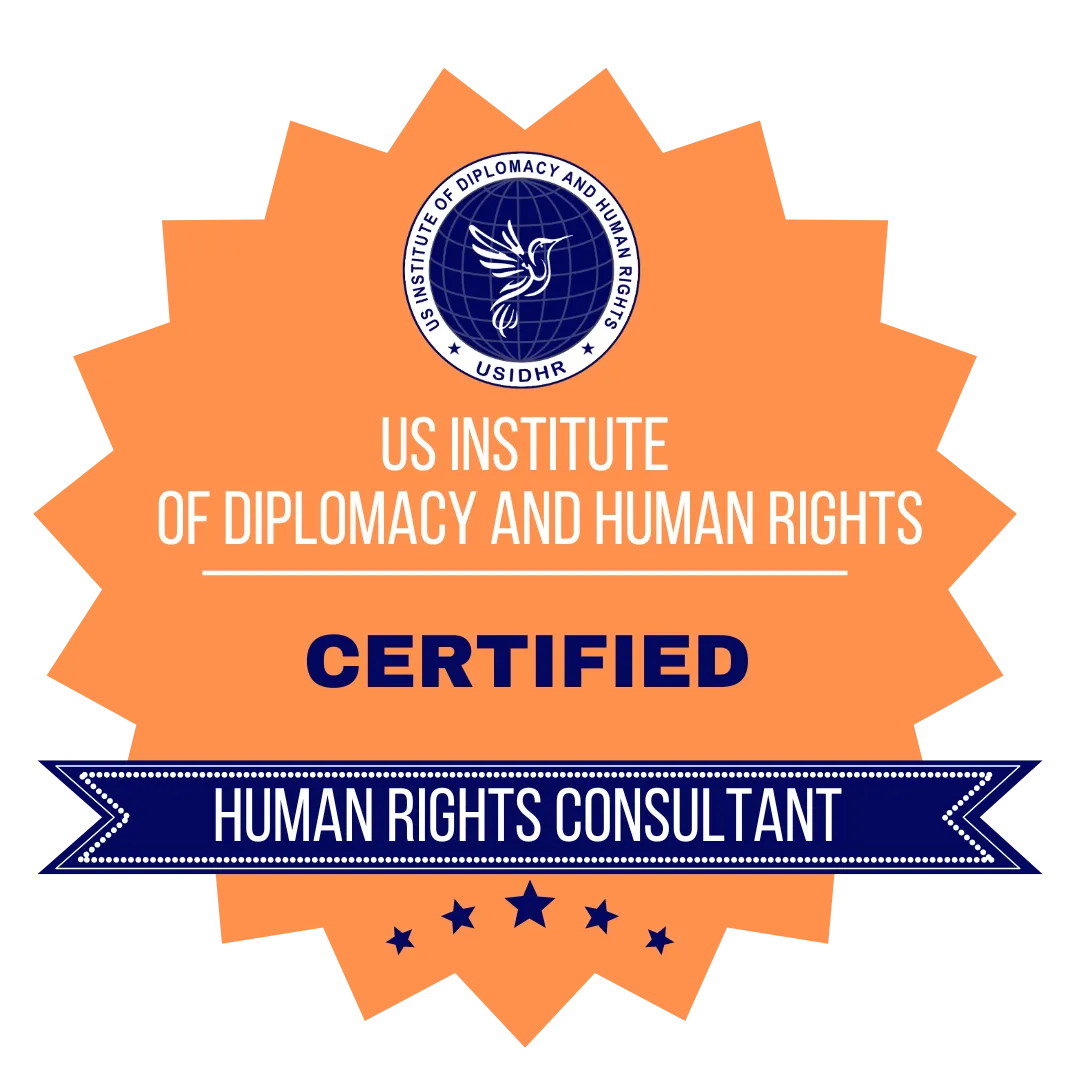
Human Rights Education Certification Training
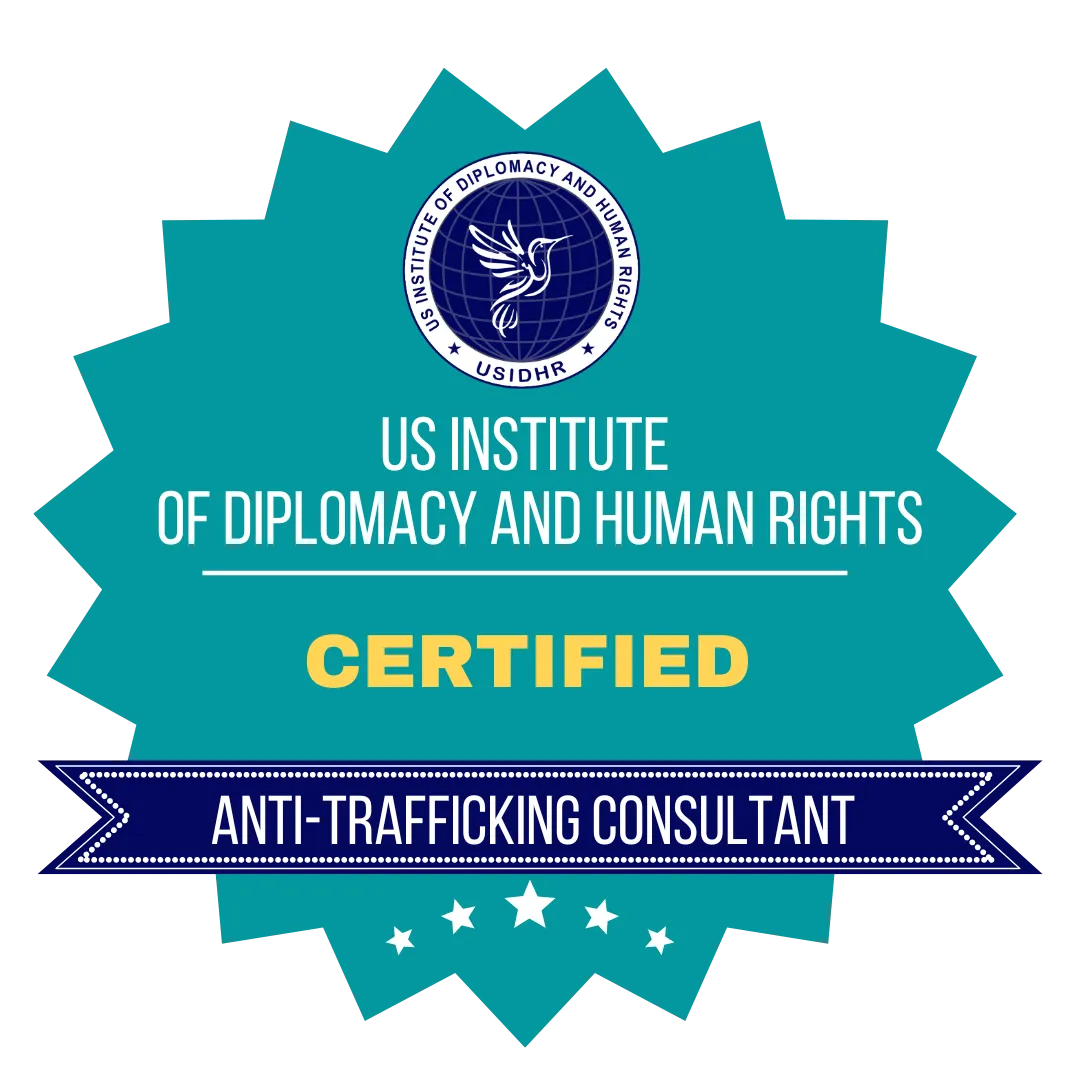
Human Trafficking Certification
Training
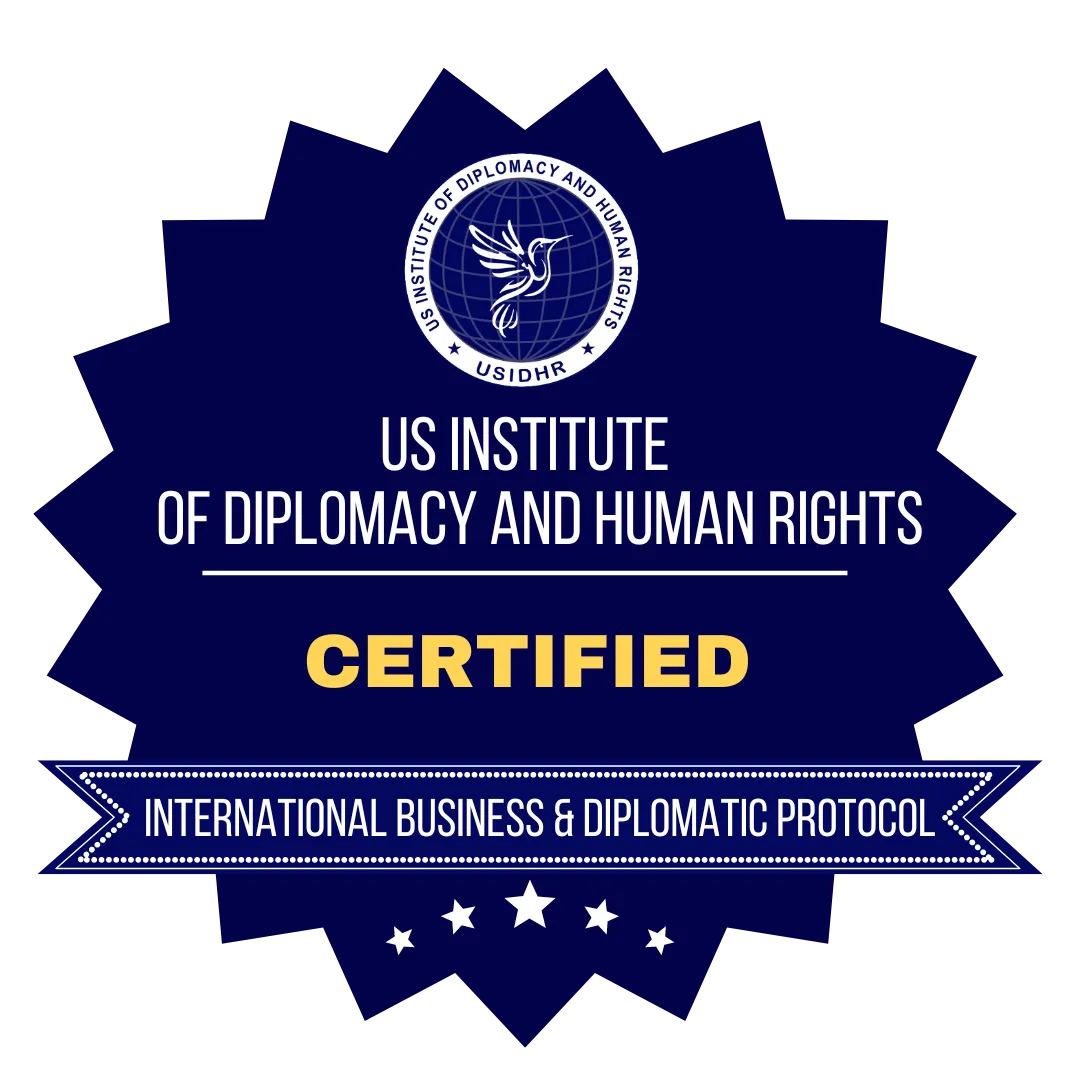
International Business and Diplomatic Protocol Certification
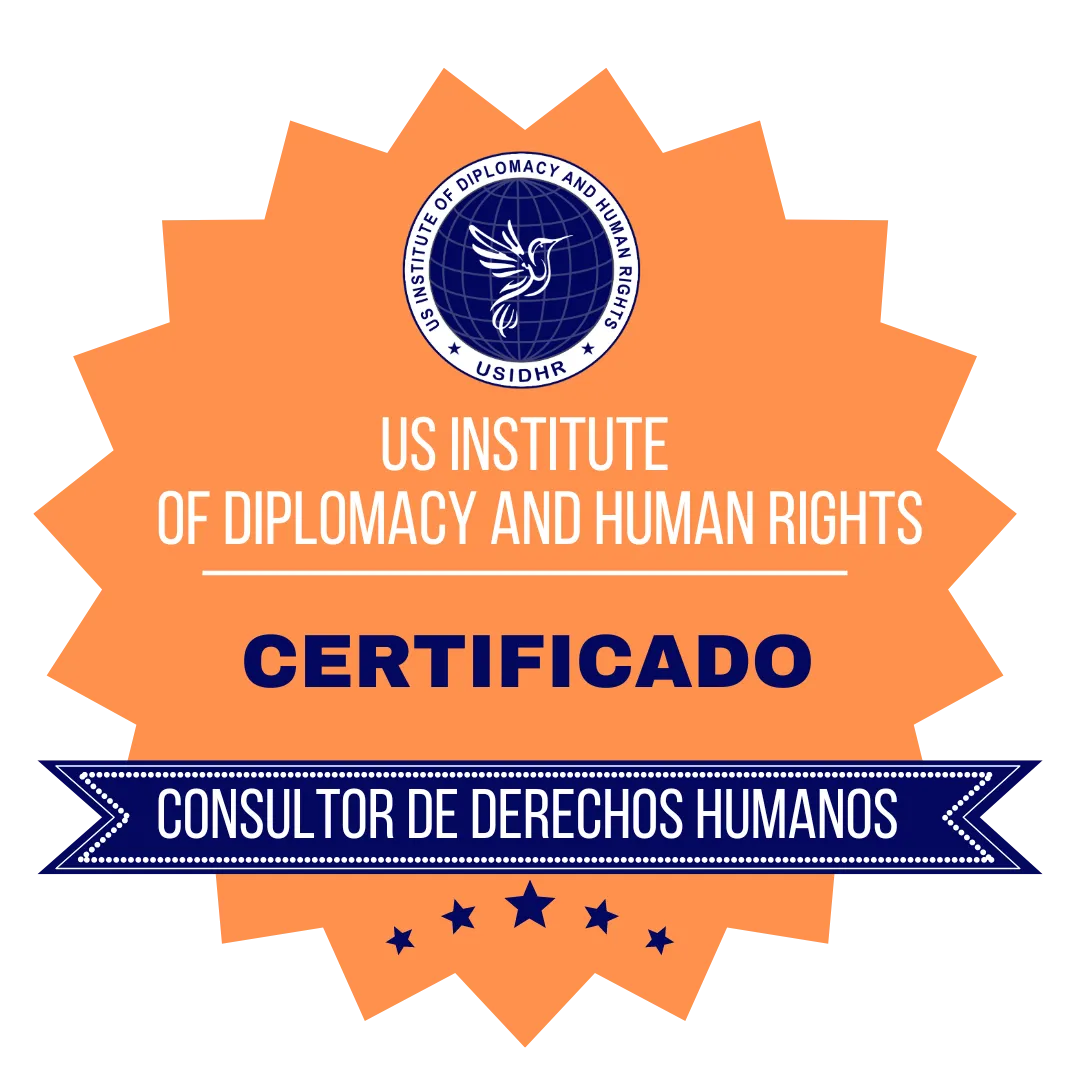
Capacitación En Derechos Humanos
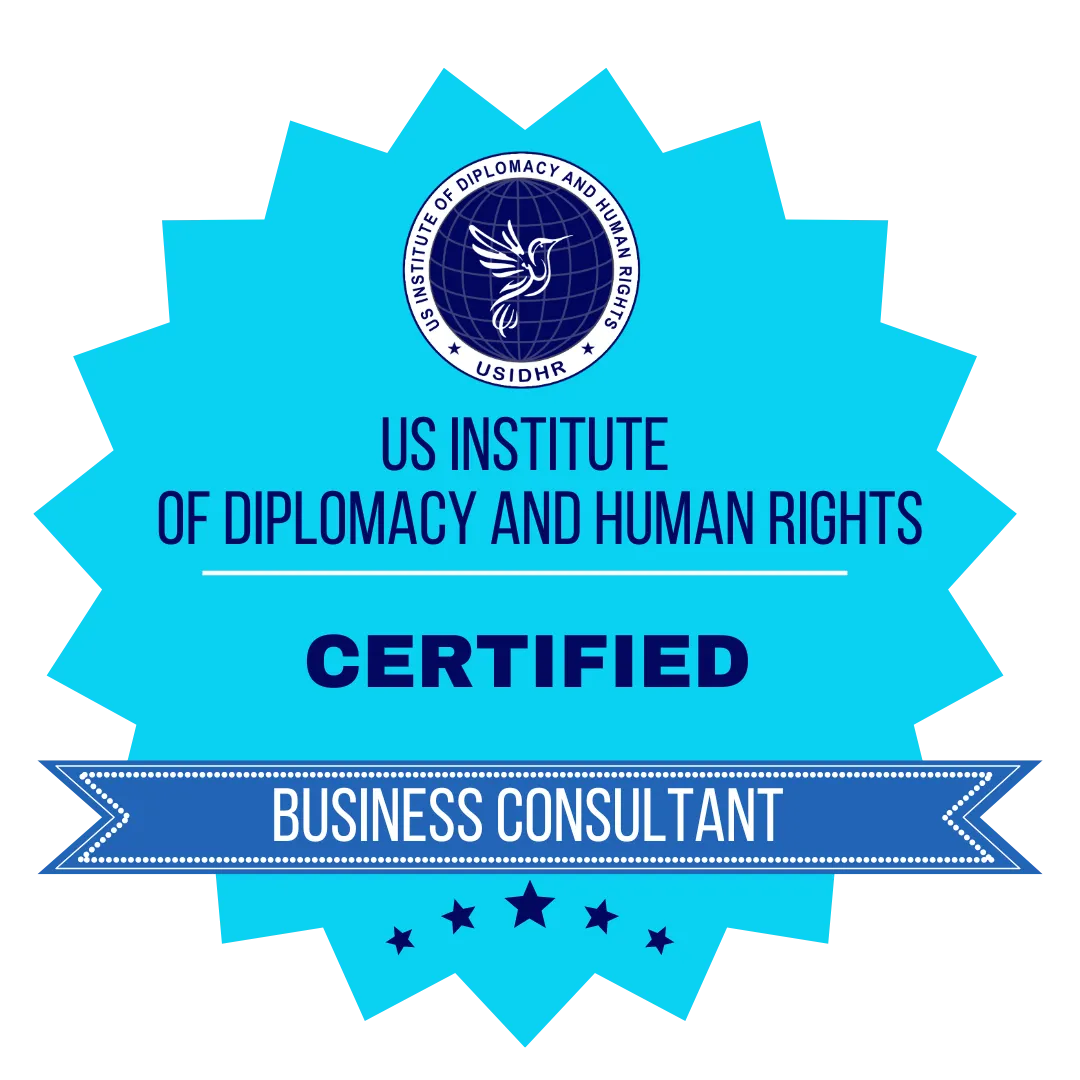
Business Consulting Certification Training
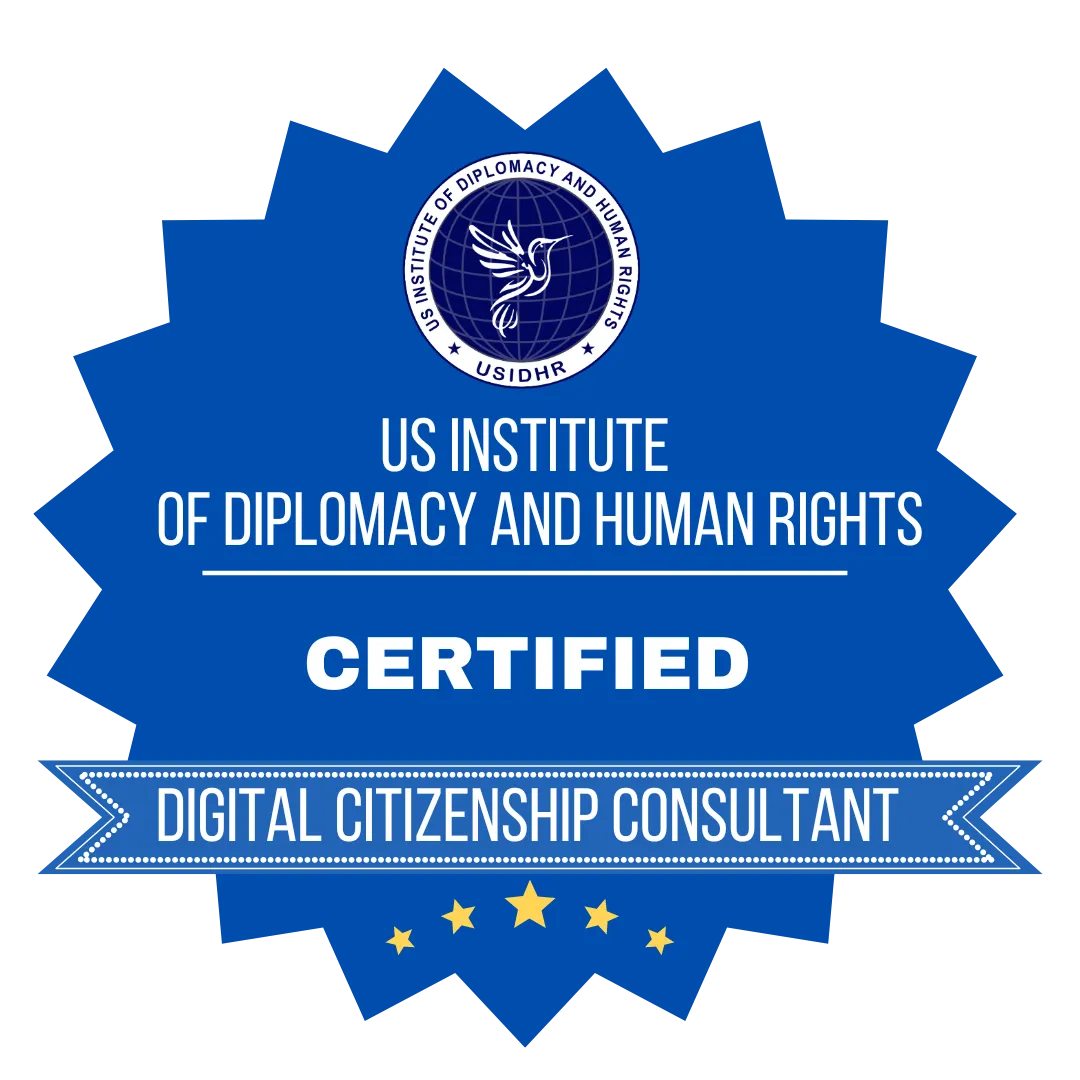
Digital Citizenship Certification
Training
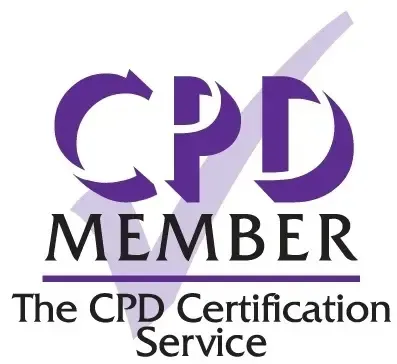
The US Institute of Diplomacy and Human Rights (USIDHR) is an International Continuing Professional Development (CPD) Accredited Organization. Accredited CPD training means the learning activity has reached the required Continuing Professional Development standards and benchmarks. The learning value has been scrutinized to ensure integrity and quality. The CPD Certification Service provides recognized independent CPD accreditation compatible with global CPD requirements
US Institute Of Diplomacy And Human Rights
1250 Connecticut Ave NW Ste 700, Washington, DC 20036
